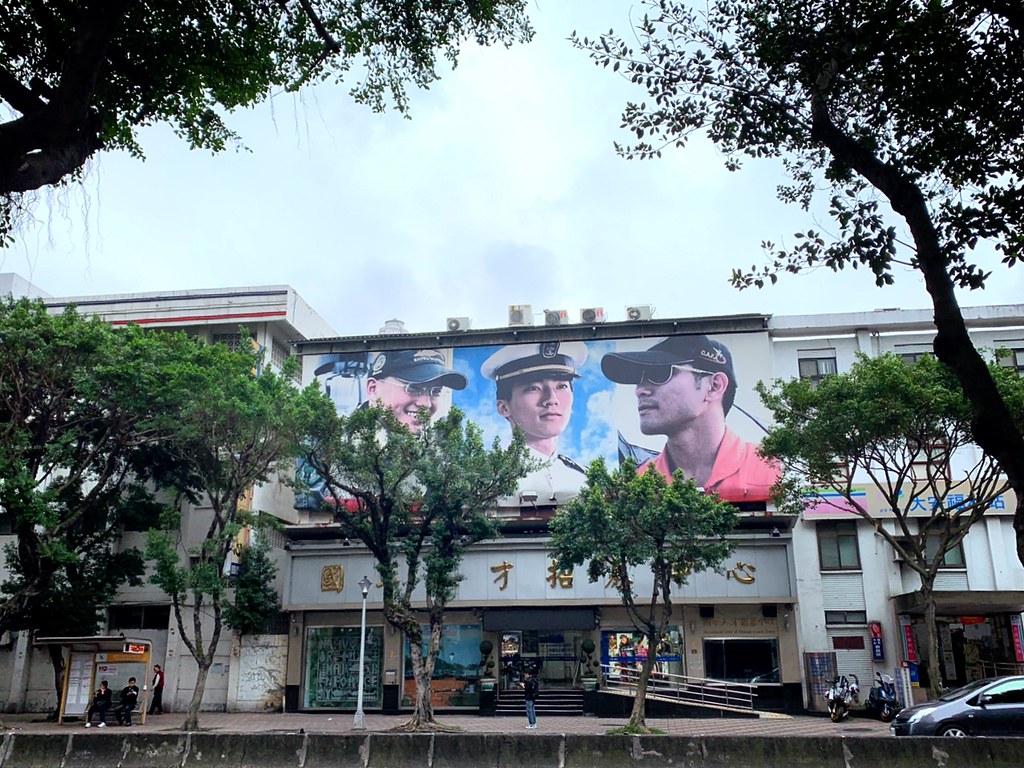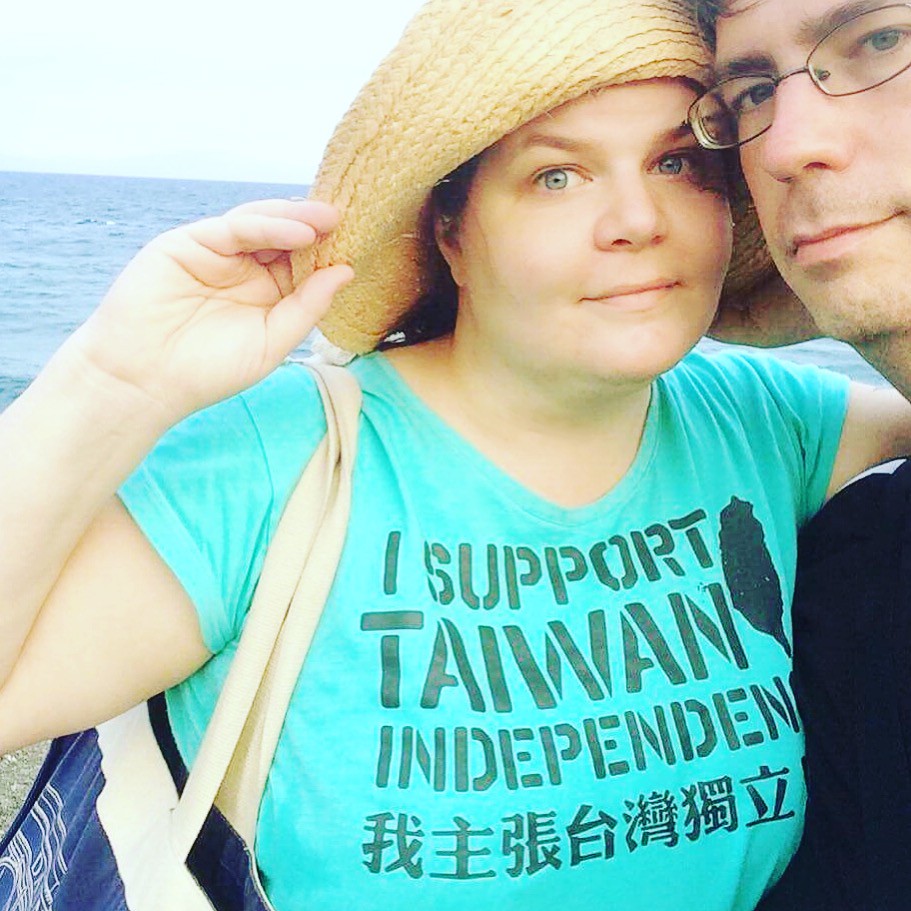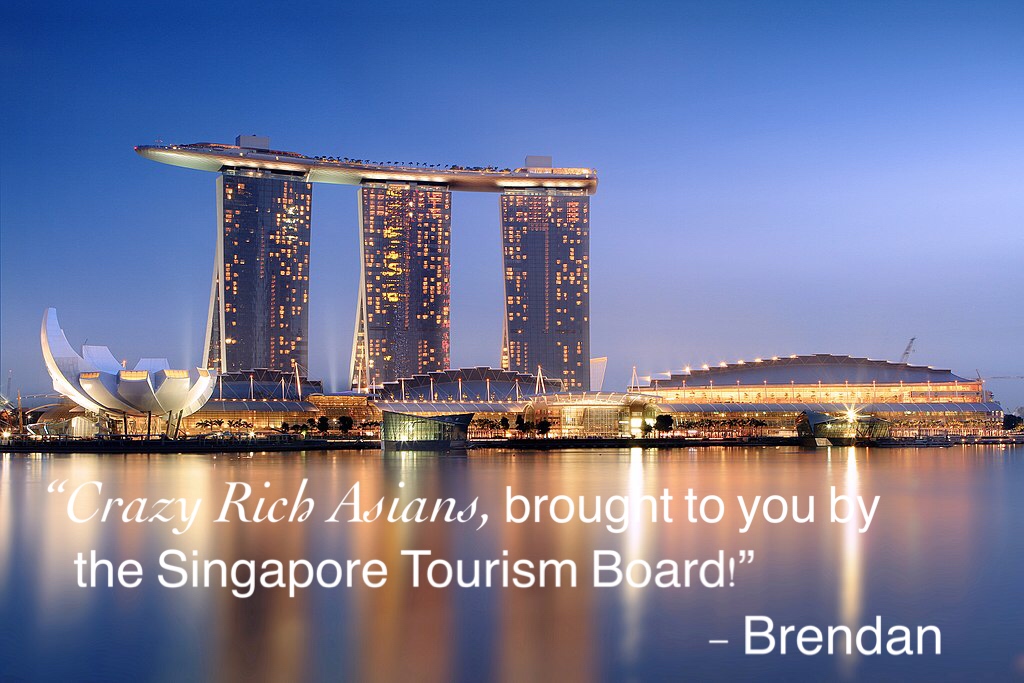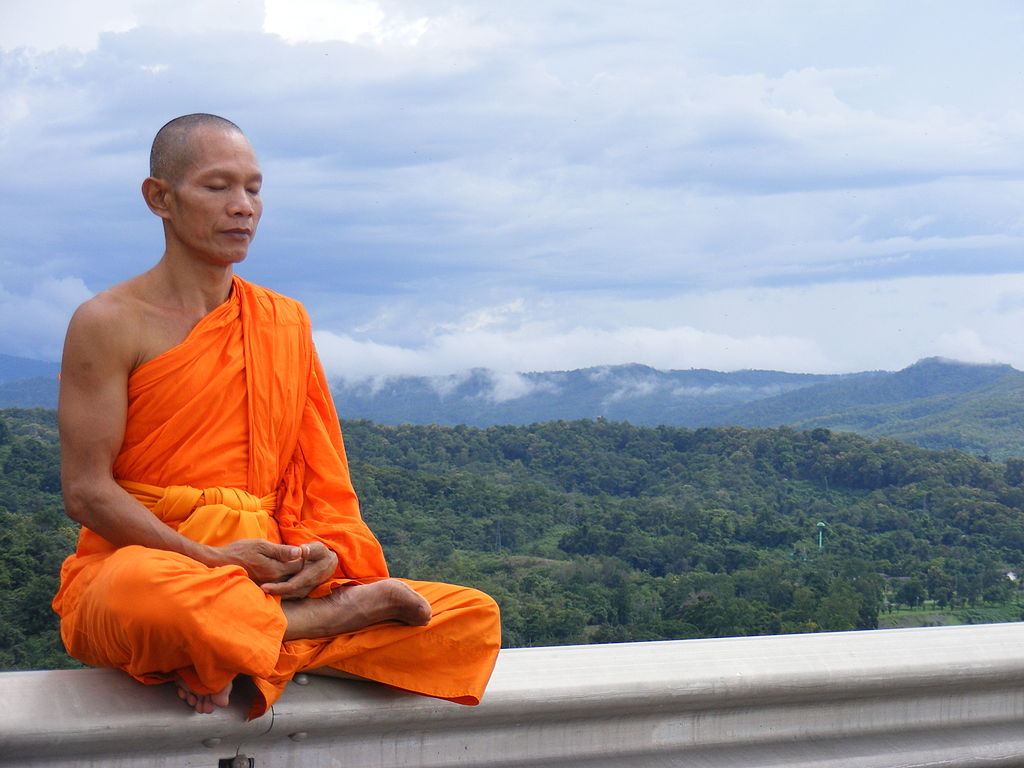 |
| I just think this picture works with what I am trying to express here, though I couldn't tell you why. |
A few years ago, I wrote a long, rambling post that nobody read about a short trip to Athens. One of the central plot threads of that post - which was more of a story that jumped across generations - was the nature of an attempted betrayal of my great-grandfather. As I understand the story, before the 1915 genocide, Armenian children in Turkey were already being taken from their homes and sold as 'adopted' children to Turkish families. The people spearheading the abduction campaign were not Turks hell-bent on persecuting Armenians, although some were surely involved. Rather, it was an Armenian family harming their own.
They attempted to have the Turkish authorities detain my great-grandfather (a fellow Armenian) for stopping the child trade, but it was a Turk who saved him: the captain of the law enforcement unit that tracked him down had served in the military with my great-grandfather and respected him immensely.
That story wedged itself into my brain last night - my last night in China - built a little nest there and simply will not leave.
The night before that, I was invited to a fancy dinner and drinking with two of the "big bosses" of the company I was contracting for. One was Taiwanese, the other Chinese, and others were present, including another Taiwanese employee of this Chinese company. I was there to deliver a training session; I'm not an employee. I'm not a big fan of the 'company culture' there - I don't like enforced patriotism - but I keep my mouth shut because I'm not an employee and I don't live in China. My opinion is irrelevant.
After several beers, and speaking Mandarin exclusively, the Taiwanese boss asked me if I would stay in Taiwan forever, and I affirmed that I would. In fact, my dream would be to retire to Tainan. He scowled and called it a "DPP city". I indicated that I didn't mind and warned him not to ask me my opinion on the matter. I could tell he was deep blue and pro-unification - he'd made a joke that "we're already unified, at this dinner!" with his Chinese colleague - and was prepared to just let it be.
I know that seems odd for me, but I was in a foreign country, working as an outside contractor. I just didn't think the conversation would be necessary or helpful. Eventually, however, enough beer was drunk that I did affirm my support for Taiwanese independence and general pro-Taiwan leanings, while diplomatically saying "it's not about green or blue, I just love Taiwan." (I don't believe that - it is about green and blue: mostly that green may be imperfect, but blue is made up of China sellouts and former mass murderers, but I wanted to keep the banter friendly.)
I added that while I am not Taiwanese - I don't have citizenship or ancestry tying me to Taiwan - that in my heart, this was my home. He joked that my colleague and I had lived in Taiwan so long that we were in fact Taiwanese.
The Taiwanese boss indicated that he was fine with my views, and I further joked that I couldn't vote anyway, and I would never mention my views to the trainees in China - what would be the point? We ended the night amicably, and I thought that while we would never agree politically and didn't have to be friends, that we could work together. I even kind of liked him as a person, and thought I wouldn't mind drinking with him and others again.
The next day was the closing ceremony for the training session. The Taiwanese employee - not the boss - recounted my description of these classes in Taiwan being 'more relaxed'. Trainees show up with coffee, we chat a bit before the class starts, nobody wears matching shirts, we sit around a table as equals. It's laid-back, democratic and fun. He spun it into a story about how the Chinese trainees were harder working and more organized (which is true, but they all work for the same company, and that company has an authoritarian bent to their working culture, so of course they would be). I was slightly annoyed, because I hadn't meant it that way: I don't think either approach is 'better', just different, though my personal preference is for the more relaxed Taiwanese classes.
I decided, however, to let it go. Again, this may not sound like me, but I don't feel 'at home' in China the way I do in Taiwan. I'm a visitor and I act accordingly.
Then the Taiwanese boss took the stage. After some general motivational talk, he also told the story of our night of drinking, and said:
"Jenna says her heart is Taiwanese. And she and [her colleague] have both lived in Taiwan for a long time, they're Taiwanese! [Our employee] is Taiwanese, and so am I. You are all Mainlanders. So together we are all..."
...and in unison he, the rest of the staff and the trainees all shouted: "Chinese!"
The word they used was 中國人, of course - with the implication that we're all residents of the same country.
Everyone applauded but me. I sat there, not clapping, shooting daggers at the stage. In Taiwanese they call that look a "shit face" (賽面) and that's exactly what it was.
Honestly, I felt stabbed in the back. Betrayed. I may not be Taiwanese, but this is my home, and to have a Taiwanese person say that - and sell me out like that, by throwing my words back at me in a way that I couldn't possibly counteract.
All the while, the Chinese staff of the company have been nothing short of amazing. I genuinely like them all, and they do their best to make sure we are comfortable and have what we need to do our jobs. My students have been wonderful, and they are truly hard-working. The other boss - the Chinese one - never said a single impolite thing. Obviously, my beef is not with the general concept of 'being Chinese', if you have the ancestry and identify that way. (I shouldn't have to say that, but you'd be surprised the way some people interpret what they read.) It's with deliberately twisting my words into a narrative I do not endorse in a way that makes me seem complicit, and forcing an identity on the majority of Taiwanese who do not accept it. And it's harder to swallow coming not from a Chinese person whose entire worldview has been shaped to believe in that perspective, but a Taiwanese person quite literally selling out his own people.
Doubly so, as I'd never say something like that publicly to them. Speaking frankly after several beers in a private room is one thing, going on stage and doing it is quite another. I do believe that if I extend the courtesy of not publicly discussing my pro-Taiwan views, that they can sing their anthem and do patriotic chants all they like, but I also deserve the courtesy of not being forced against my will into being woven into a pro-China speech as though I endorse it. Yes, even when I am in China. I doubt many Taiwanese would do that to Chinese in Taiwan, and it should go both ways.
Honestly, it felt like a form of harassment. A bullying tactic. Sure, he's playing a role and knew the trainees would enjoy it, but it wasn't compulsory, like singing the national anthem or doing group chants (which they have to do, Taiwanese employees included, and I make no comment on. Not my company, not my country, not my issue.) He chose to say that. He did it intentionally, knowing it would anger, or at least bother, me. He did it knowing I would have no tools whatsoever with which to fight back. I would have to sit there and take it, because I'm a freelancer and he's the boss, even though I am also a trainer and that commands respect. Because I'm in the audience and he's on stage. Because everyone in the room agrees with him, not me. Because it's a formal ceremony and the 'face' was thick in that room. Simply not clapping and twisting my face into a look of disgust was already quite bold.
He knew all that and did it anyway. I wouldn't say it was an intentionally personal attack - he probably didn't think too much about it, assuming I'd just take it and it didn't matter, and was more using me as a setup for his own political gain. But I don't forgive that sort of sideswipe easily, and do feel it's part of his job to make the trainers they hire feel comfortable, and instead I felt sold out. I'm not even trying to describe my fury, because I simply cannot.
I know this sort of thing happens to Taiwanese in China all the time, and they have even fewer resources to fight back with than I do. I have read - and friends have told be - about being forced to publicly agree with "One China" while in China or dealing with Chinese counterparts - and not even being able to refuse to comment, look disgusted or metaphorically "not clap". And all that while being truly Taiwanese - I'm a foreigner who calls this place home, nothing more. Because of my relative privilege, I don't think I can ever know on a deeper level what that feels like to be in their position, but I've now had a brush with it and even that was unbearable. I'm still incensed. I can only imagine the gut-wrenching torture and lingering ache of being forced to vocally affirm an identity you don't believe in just to collect a paycheck that you might truly need.
It also happens in international organizations. I'll write more about this later, but even when Taiwan does something that earns international recognition, there are people who give the credit to China. Again, there are few tools available to Taiwan to fight this, though I am happy to see that as time goes on, everyday Taiwanese less willing to just bear it.
So, I meant two things by the title "Humiliation" - how I was made to feel in that moment, but also how pro-China people frequently seek to humiliate those who support Taiwan. The humiliation of a nation and identity, with few channels to stand up for ourselves.
I left the ceremony at the earliest possible opportunity, declined a second drinking session that he personally invited me to, skipped breakfast the next morning and was quiet on the way to the airport (he drove). I cited being 'tired' and 'having a migraine'. Those excuses were true, but caused by the situation. In other words, I was passive-aggressive about it. Those were the tools at my disposal.
What reads to me as 'passive aggression', however, reads in this part of the world as 'making your thoughts known without causing trouble'. What I consider professional - to bring up the matter at a later date - would be seen as overly aggressive here. My reaction that night and signaling in the hours following the incident probably made my feelings clear enough. Nobody commented, but nobody asked me why I'd suddenly become so withdrawn - and even declined free alcohol! - implying that they knew.
Of course, there's also this blog. I'm aware that there might be professional repercussions to writing this, but feel the need to say something anyway. I deserved better in that moment, and Taiwan deserves better in general.
It still bothers me, however, that I have no professional channels through which to ensure it doesn't happen again. I could tell the company in Taiwan that sent me, but I truly don't think they'd care. They'd just expect me to suck it up. Or perhaps they would care, but wouldn't say anything about the actions of a high-level boss at a company they have a highly profitable relationship with, even to ask that Taiwan-China issues please not be brought up publicly as it makes the foreign trainers uncomfortable. I'm not even convinced they'd understand why I was so upset - to them, what he said was just an obvious truth, so what could my problem with it possibly be?
Will I return to China? I don't know. The money is nice but I'd be fine without it - it's not about the cash. On one hand, I feel deeply upset at the notion of returning to a place where my words were twisted and mocked in that way. On the other, he's one person in a company of people who have been otherwise wonderful hosts. As I can't even publicly acknowledge (to them) how I feel about what happened, those who are less aware of my perspective on Taiwan and China might privately wonder if they had somehow upset me, when that simply wasn't the case. I'm not even sure how I'd tell my company in Taiwan that I won't go back, if I know that telling them about the incident at all would lead nowhere and might get be labeled as overly demanding.
It just still kills me, two days later, that it was the Taiwanese person's words that denied the existence of a unique Taiwanese identity and history and caught me in the gut like a well-fired arrow. I hear a lot of complaints in Taiwan that "Chinese" are rude, or bullies regarding Taiwan and Hong Kong. While I am aware that happens, it's just not been my experience. It's the deep blue Taiwanese who are the worst. They have freedom and access to better information, and yet they still choose a path that takes freedom away from their own country.
A good reminder, I suppose, that being respectful and doing the right thing have nothing at all to do with national boundaries.






